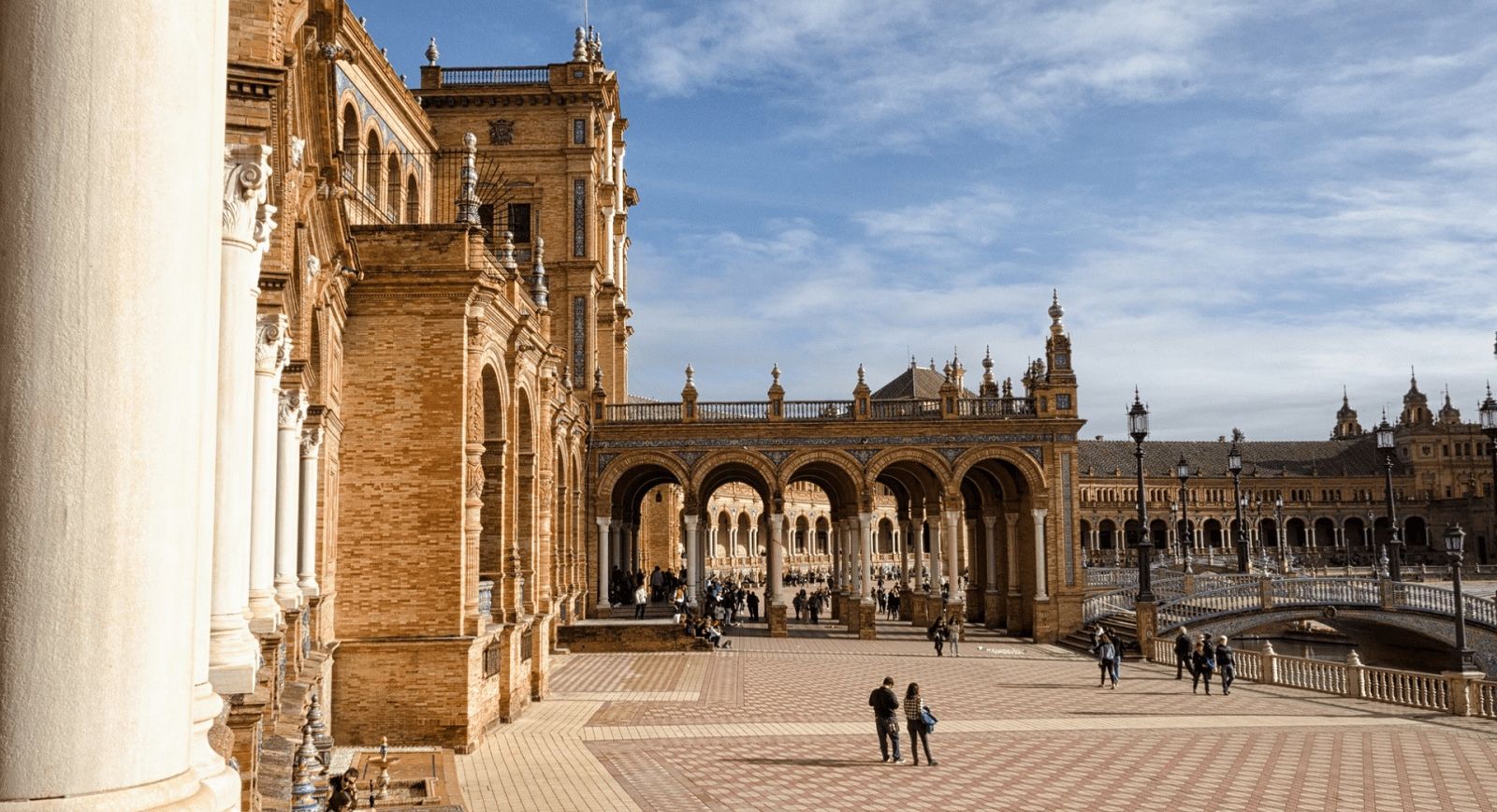The European Commission has released its collection of best practices in smart tourism, derived from citiesthat submitted applications to the European Capital of Smart Tourism 2023 competition, which reveals the most innovative destinations in Europe.
The goal of the European Capital of Smart Tourism initiative from the European Commission is to encourage cities to become more sustainable, digital, creative and accessible by recognising destinations that have implemented successful strategies to boost smart and sustainable tourism.
For tourists, this means better experiences, for locals, it means they can make the most out of their city, as well as better jobs, and, for the environment, it means a greener future.
The recently published report “Leading examples of Smart Tourism Practices in Europe” showcases the selection of best practices in each category of the European Capital of Smart Tourism initiative (accessibility, sustainability, digitalisation, cultural heritage and creativity). You can find the 2023 full report here.
The 2023 European Capitals of Smart Tourism
The cities, that are so far setting the standard in smart tourism is Pafos (Cyprus) and Seville (Spain), who were awarded European Capitals of Smart Tourism 2023, and Kranj (Slovenia) which was awarded the 2023 European Destination of Excellence.
The destinations demonstrated the most successful strategies and measures to boost smart and sustainable tourism through digital and green transition practices – and convinced the European Jury with an exciting programme for the year in which they hold the title.
Some of the leading practices from the two cities include:
Smart tourism in Pafos (Cyprus)
The UNESCO Archaeological Park app is an exemplary measure implemented by Pafos to allow visitors to immerse themselves into the city’s rich history. This tool is filled with informative videos, audio guiding, infographics, 360 tours, accessible in multiple languages. In line with this Smart measure, Smart QR coded signs have been set to replace static information signs throughout the city. This initiative offers the opportunity to share more dynamic and detailed information while eliminating visual pollution.
Another example of the use of digital tools to improve the city’s day-to-day life is Pafos’ Smart Parking Project. It aims to optimise the city’s parking management by informing app users of when and where to find free parking spaces to save time, fuel and pay online without hassle. Discover more of Pafos’ smart measures here.
Smart tourism in Seville (Spain)
To guarantee an enjoyable experience visiting and living in Seville, the city uses a network of various sensors placed throughout the city to monitor the movement and flow of tourists. The tool digesting this information enables a redistribution of the tourists to areas less congested but still filled with tourist attractions. The Seville Accessible app is another digital tool of the city to make the city’s celebrations and festivals accessible to everybody. It provides maps, routes, info on the most accessible attractions, accessible signage, and even noiseless schedules. So, everybody may participate in the city’s festivities. Discover more of Seville’s smart measures here.
Representatives of Pafos and Seville were guests of the ITB Travel Hero Podcast, where they outline, in two separate episodes, their cities’ initiatives that helped them win the 2023 European Capital of Smart Tourism title. You may listen to the two “300 seconds with” episodes here.
Photo: USA-Reiseblogger, Pixabay






